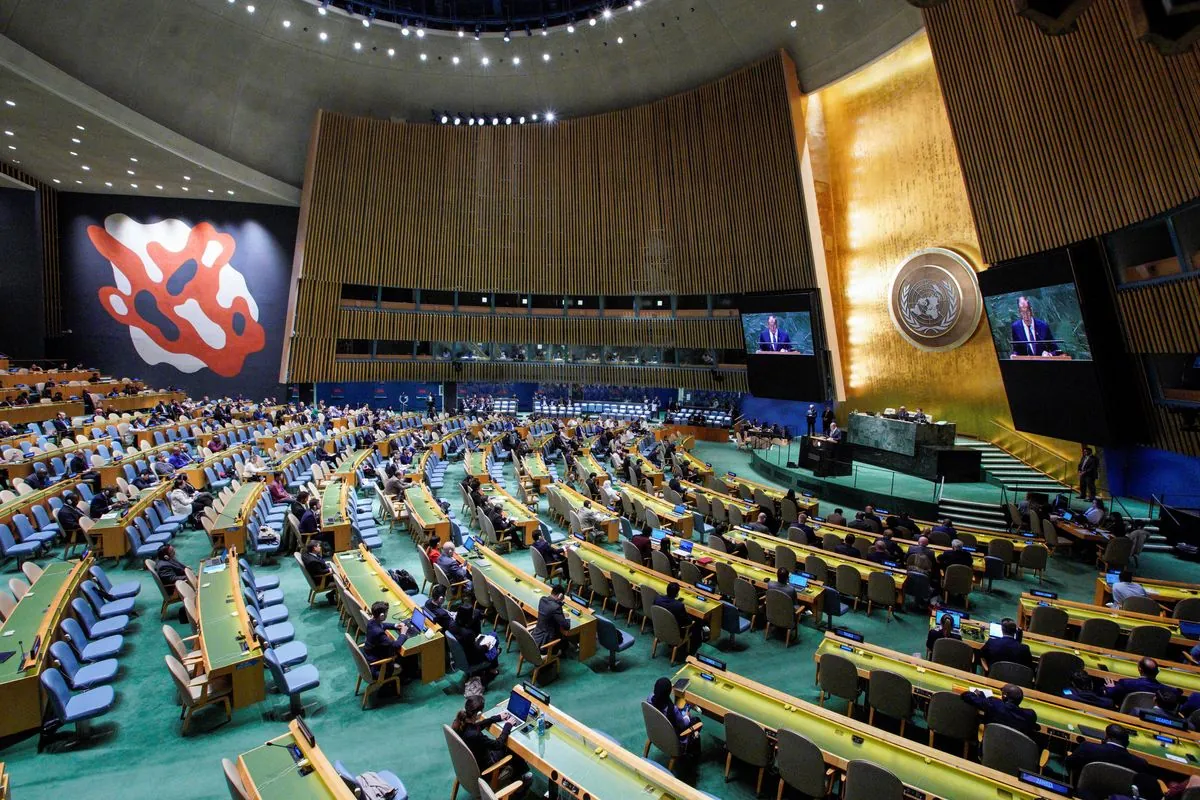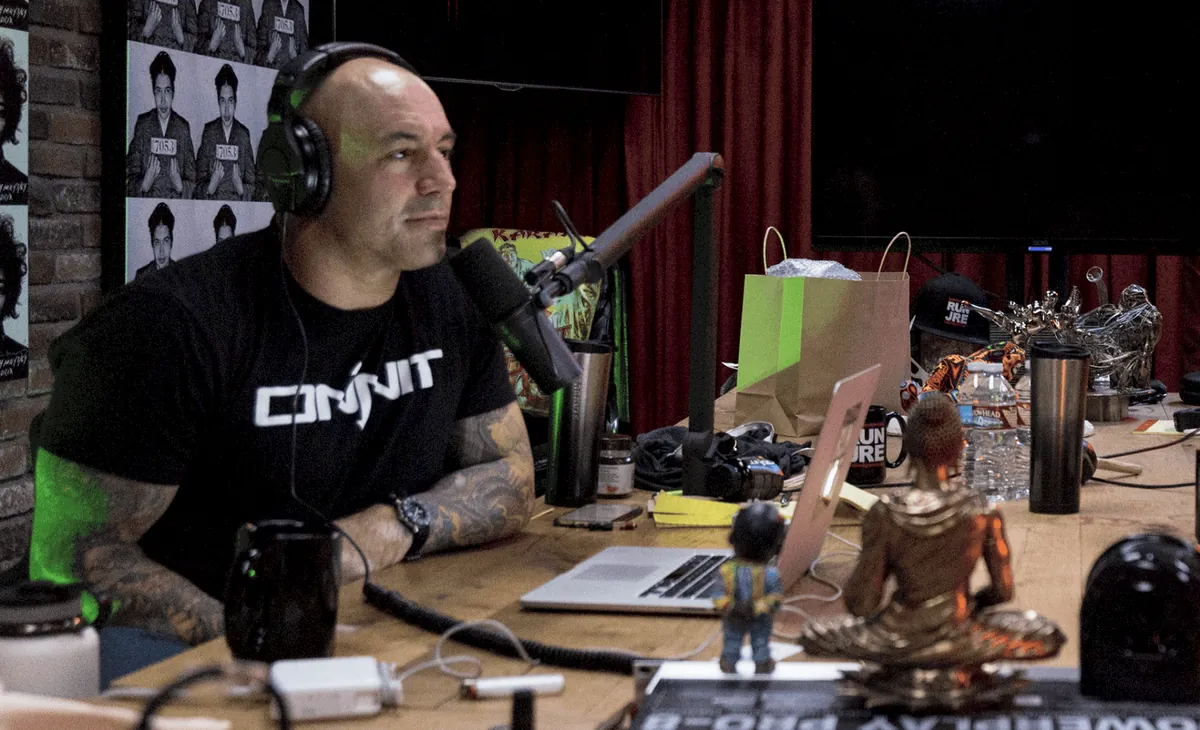Nate Silver's New Book: A Gamble on Risk-Taking Culture
Nate Silver's latest work, "On the Edge," explores risk-taking and gambling, but falls short in critical analysis. The book's focus on "Riverian" culture raises questions about societal impact and missed opportunities for deeper insights.

Nate Silver, renowned statistician and election forecaster, has released his second book, "On the Edge: The Art of Risking Everything," twelve years after his bestselling debut. This 576-page work marks a shift in Silver's focus from academic and policy circles to the world of risk-takers and gamblers.
Silver introduces the concept of "Riverian" culture, drawing from poker terminology but using it broadly to describe risk-embracing individuals in various fields. The book explores the gambling industry's growth, with Americans losing $130 billion in 2022 alone.

While Silver delves into the strategies of successful gamblers and risk-takers, he fails to critically examine the societal implications of the expanding gambling economy. The book's structure, divided into two parts with an interlude on risk-taking habits, lacks cohesion and depth in addressing systemic risks.
Silver's perspective may be influenced by his personal involvement in high-stakes gambling. He mentions winning "enough money to buy a Tesla" in a game with venture capitalists, raising questions about potential conflicts of interest in his analysis.
The author's critique of public health responses to the COVID-19 pandemic demonstrates a misunderstanding of cost-benefit analysis in policy-making. This concept, far from being exclusive to "Riverians," is fundamental in many fields.
"Here's something I learned when writing this book: if you have a gambling problem, then somebody is going to come up with some product that touches your probabilistic funny bones."
Despite acknowledging the potential for exploitation in the gambling industry, Silver fails to explore the societal costs and systemic risks associated with its growth. The book misses opportunities to critically examine the impact of legalized sports betting and the proliferation of casinos across the United States.
Silver's work touches on various topics, from the fall of cryptocurrency entrepreneur Sam Bankman-Fried to Adam Neumann's latest real estate venture. However, it fails to provide a cohesive analysis of how these "Riverian" figures and their industries affect society at large.
In conclusion, "On the Edge" offers insights into the world of risk-takers and gamblers but falls short in providing a comprehensive critique of the gambling economy's impact on society. Silver's personal involvement in high-stakes gambling may have limited his willingness to critically examine the industry's darker aspects, resulting in a book that glorifies risk-taking without fully addressing its consequences.


































